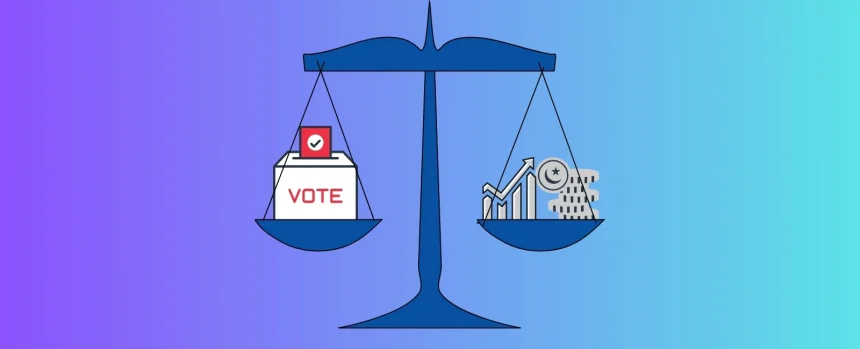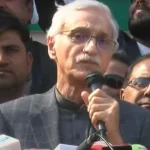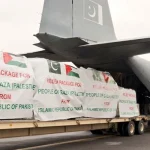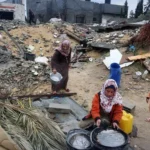The next elections represent a critical juncture with far-reaching repercussions in the changing terrain of Pakistan’s economic destiny. The outlook for the economy becomes a major concern as the country gets ready to vote, impacting investor confidence, policy direction, and general stability.
The results of the elections will influence Pakistan’s economic growth trajectory and the success of monetary and fiscal policies. A watchful eye is kept on the promises made by political candidates on trade, infrastructure development, and economic changes by stakeholders.
A strong and sustainable economic strategy may open doors for international investment, promote the development of jobs, and improve the business climate in general. The decisions made at the polls have the power to lead Pakistan’s economy into prosperity.
Pakistan’s economy has been characterized for the past few years by a boom/bust cycle, with times of higher growth leading to higher import demand and shortages of foreign money. When this happens, there is typically a balance of payments problem that necessitates an IMF program as well as fiscal and monetary pressure to slow down growth. The result of this chaotic course has been a persistently weak economy.
As a result, the very high rate of inflation and the low level of buoyancy in the real economy will define the first economic conditions for the government that wins the elections. Whether to join an IMF program, likely in the form of an Extended Fund Facility for three years as the stand-by, will be a very important decision for the incoming government to make.
Authorities from Pakistan and the IMF are expected to have virtual talks early next week, it has been learned. IMF resident representative in Pakistan, Esther Perez Ruiz, told Geo.tv that the next step in the program’s engagement with Pakistan is to advance the second review under the current Stand-By arrangement, which runs through April, but she declined to comment on the political climate in the wake of the impending elections.
“The economy as a tsunami”
The new political landscape should be encouraging for long-term political clarity, according to economic journalist Shahbaz Rana in an interview with Geo.tv. This is important for Pakistan’s interactions with international financial institutions (IFIs).
“There’s a good likelihood the incoming administration would work with the IMF on a long-term program, which implies the nation will continue to enforce strict monetary and fiscal policies. He forecast that Pakistan would be required to adopt a market-based exchange rate and would be requested to restructure its debt as part of the IMF program.
It is likely that the conditions and changes needed for Pakistan to pursue a new IMF program will be much stricter, more extensive, and structural in nature than they were for the previous ones.







